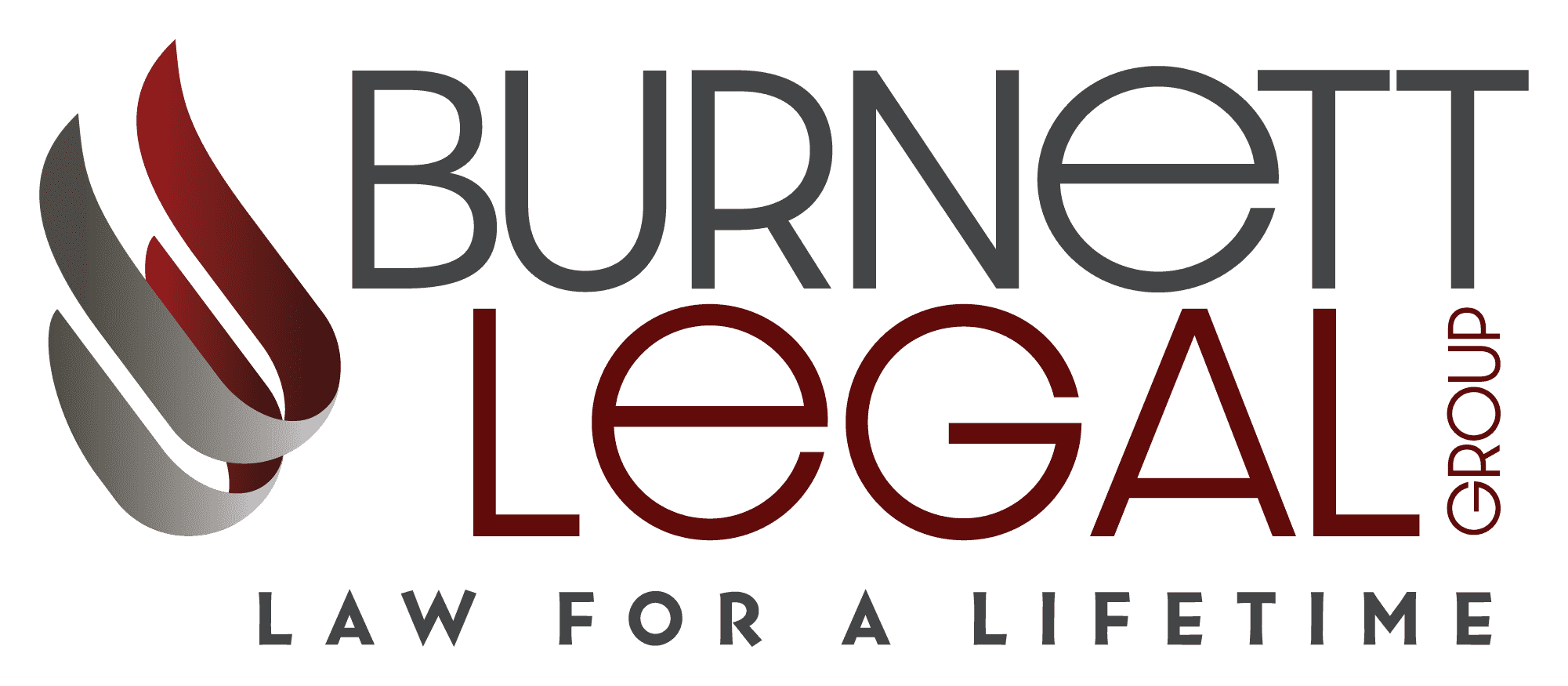Ironing out financial issues during a divorce can be complicated, messy, and stressful. If there’s a lack of trust, two issues spouses may find are unreported income and hidden assets, which usually occur when one spouse is in control of the finances. It’s not uncommon for a spouse to attempt to hide assets, especially if the divorce is a long time coming.
If you suspect your spouse is hiding assets, your first course of action should be to ask your spouse for copies of all financial records. However, this may not be an easy task for one of two reasons: (1) your spouse doesn’t have them or (2) your spouse is hiding them. If you believe your spouse is hiding assets, you should consult with an attorney and ensure you ask the right questions and use the discovery process to your advantage.
Discovery Process
During the discovery process, where both spouses disclose all of their financial information in a divorce, you and your attorney can work together to collect information from your spouse that may disclose some hidden assets. That can occur in several ways:
- Document demands: Your attorney can ask your spouse for documents such as tax returns, financial statements, and loan applications
- Interrogatories: These are questions that your spouse must answer in writing
- Inspection demands: You can ask to inspect property, such as a safe or personal storage
- Testimony, given under oath: During an oral deposition, you and your spouse appear before a court reporter, swear to tell the truth, and answer questions asked by your attorneys. Anyone who lies under oath can be charged with perjury.
You should request documents and information relating to assets, income, and debts during discovery. Assets come in many different forms, including cash, jewelry, antiques and paintings, so be sure to request a wide variety of records including deeds, title records, receipts, account statements, stock certificates, tax returns, income W-2s, K-1s, 1099 returns and more.
A lawyer can help you look for intentionally overpaid taxes, secret bank accounts, false deductions, and hidden loans among the paperwork your spouse has provided. If you think your spouse is hiding assets, contact our Omaha divorce lawyers at Burnett Wilson Law today.
Call (402) 810-8611 or contact us online to learn more about your legal options.


